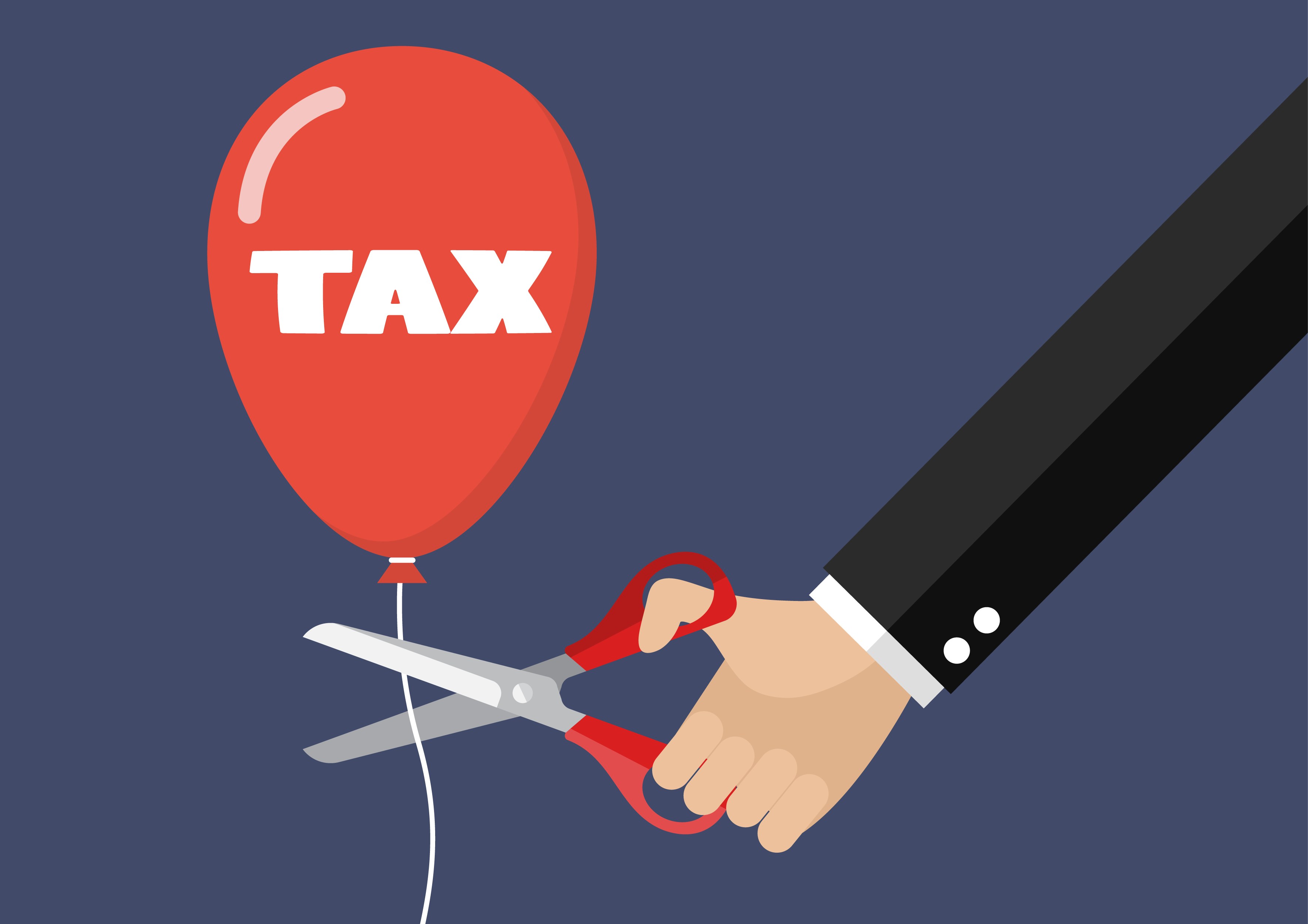Some years ago, we met with a nice couple who were thinking of selling a townhome that they’d been renting out for years. It was worth quite a bit more than what they paid, which meant they’d be facing a pretty hefty capital gains tax bite from the sale. They didn’t have any immediate plans for the proceeds as they planned to invest it and save the money for retirement, which was about five years away.
As soon as they mentioned the word retirement, a light went off in my mind and I suggested that they consider doing a 1031 exchange, which would enable them to defer the tax on the sale. In order to defer the tax, they’d have to purchase another piece of investment real estate within a specified amount of time after their townhome sold, but if they executed the exchange properly, they could transfer the capital gains liability to the new property and defer paying the tax until they eventually sold that replacement property.
So I know what you’re thinking: If they wanted to pull the equity out of their current rental, why in the heck would they want to sell one investment property only to buy another? Why wouldn’t they just keep their existing townhome?
Well here’s where that light that went off in my mind comes into play.
You see, when they mentioned saving the money for retirement, I asked if they knew where they wanted to retire. And they immediately mentioned a rural area several hours north of the Bay Area. So I suggested that they use the proceeds from their townhome to purchase their future retirement home. Then rent out that house until they’re ready to retire.
But do so using a 1031 tax-deferred exchange, which allows sellers to transfer their tax liability to a subsequent property. It can only be used when you sell investment property and replace it with a like-kind purchase.
In a traditional 1031 exchange situation, you’re not eliminating the capital gains tax. You’re just deferring it until you eventually sell the next property. But when you move into a property that had formerly been a rental, the rules change.
Once you’ve lived there for 2 of the last 5 years, in the eyes of Uncle Sam it becomes your Principal Residence, which under the current tax laws allows a married couple to avoid paying capital gains tax altogether on up to $500,000 of the profit when they sell.
So…
Our clients sold their townhome and purchased their future retirement home shortly thereafter. When it was time to retire, they would terminate the lease with their new tenants, update the house to fit their tastes, sell their existing Bay Area home and move into their retirement property. Two years later, that retirement home would be considered their principal residence and all that capital gains tax that they had deferred from their townhome sale five years earlier would go away (as long as they didn’t turn it back into a rental later on).
What’s more, since it was now their principal residence, after living there for two years, they could sell that home and move elsewhere with no capital gains tax on up to $500,000 of profit).
Our clients’ circumstances were tailor-made for this type of transaction. They knew they wanted to sell their townhome, they wanted to use their sales proceeds for retirement and they knew exactly where they wanted to retire. But even if they weren’t sure about where to retire to, they still could have selected a place that sounded generally ideal with the understanding that after living there for two years after retiring, they could still sell that home and move elsewhere while wiping out all those accumulated capital gains taxes.
If you own one or more rental properties and are nearing retirement and know where you plan to retire to, following the path that our clients took could be like a dream come true.
It definitely was for our clients.
Disclaimer: Please do not construe this as tax advice, as I am a real estate agent and not licensed nor qualified to give tax advice.The purpose of this post was simply to explain the circumstances that proved to be beneficial for one of our past clients. Anyone contemplating a similar set of transactions should contact their tax professional for advice.


